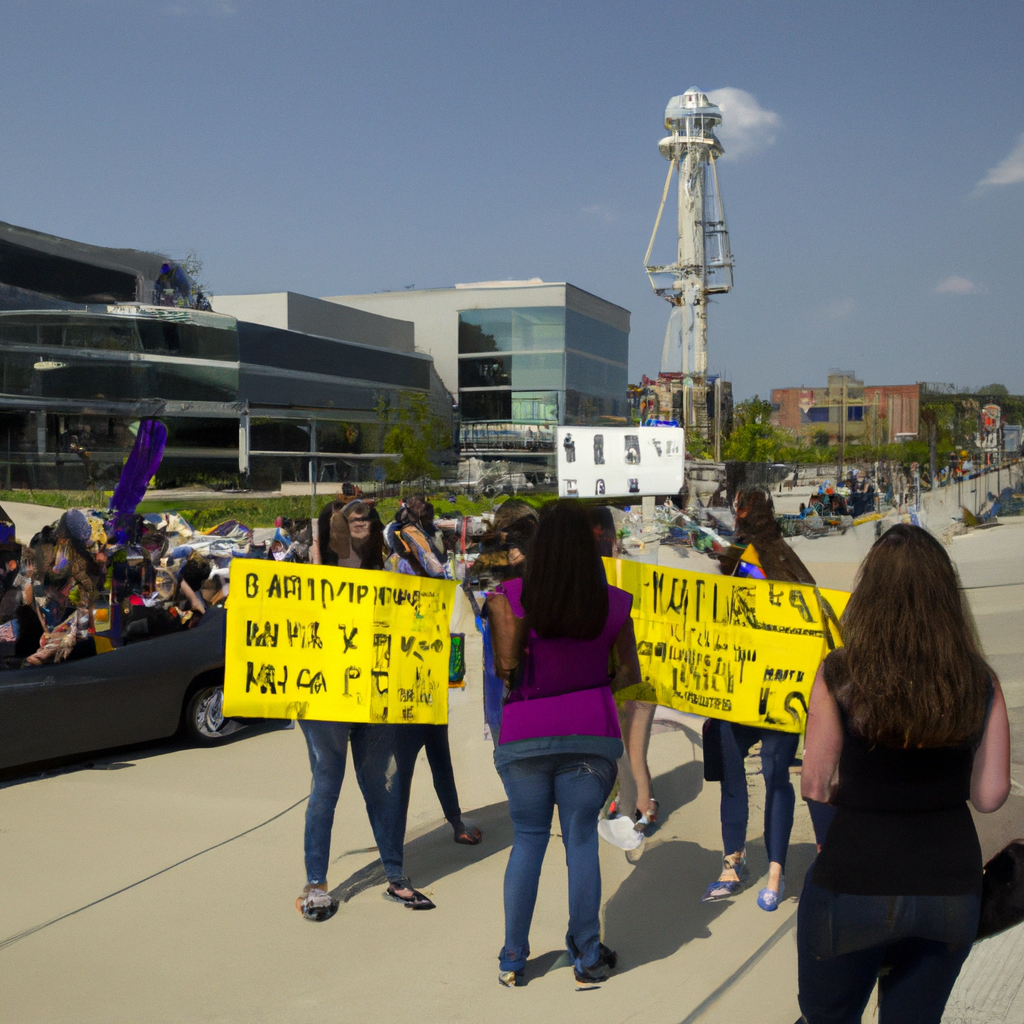
h1: Auto Workers Strike: A Classic Behavioral Theory Perspective
h2: Key Findings in a Nutshell
-Behavioral theory, which studies the impact of incentives on human behavior, provides clues about the duration of the ongoing UAW (United Auto Workers) strike against Detroit’s Big Three.
-This theory posits that individuals make decisions based on their expectations of being able to achieve success and the perceived value of that success.
-The UAW is forced to evaluate whether the potential benefits of continuing the strike outweigh the immediate financial and emotional costs.
-Dichotomy in the strikers’ ranks: While some are financially strapped and eager for resolution, others are prepared to withstand a prolonged strike to realize long-term gains.
-Management too has to weigh the implications of the strike, balancing the urgency to resume operations against potentially emboldening the union further.
-Thus, the strike’s duration may well hinge on a complex psychological calculus on both sides.
h2: Probing into UAW Strike Through the Lens of Behavioral Theory
The labor strike that has brought the automobile industry in Detroit to a grinding halt gives us an intriguing peek into the principles of the behavioral theory. Misunderstood often as an exercise in obstinacy and ego clash, this theory provides a refreshingly different perspective by showing how such confrontations boil down to complex cost-benefit analyses.
At the core of the strike are the auto workers who’ve been forced to weigh the immediate losses they incur against potential future gains. The former, often in the form of daily wages, are tangible, immediate, and hit where it hurts – the pocket. The latter are abstract, uncertain, and deferred, bringing little comfort against the tangible hits. The behavioral theory thus puts forth a fascinating puzzle: what motivates these workers to persist despite the immediate economic hardships?
But it’s not the same situation for every worker. There’s a wide chasm in the labor union, with each faction reacting differently to the strike. On one hand, the families who teeter on the edge of financial instability want the strike to resolve for immediate relief. On the other hand, some workers are ready to stomach the present discomfort with their eyes on the bigger prize – a fair deal from the “Big Three.”
The calculus isn’t any simpler for the management either. The pressure of lost production and accumulating backlogs must be surely mounting. Yet, if they cave in too soon, it might embolden the union further, setting a dangerous precedent for future negotiations. Their challenge is to find a resolution that can bring workers back to the assembly line without undermining their mandate.
h2: My Take on the Episode
Ah, the dance of negotiations. One could argue that strikes are the corporate world’s version of a high-stakes poker game where the pot is the company’s future. Both sides are holding their cards close to the chest while trying to keep cool under collars that are definitely feeling the heat.
Now, while would be convenient to vilify the corporations here (and see all workers as heroic martyrs), it’s crucial to remember that it takes two to tango. Corporations must indeed be held accountable for fair worker treatments and equitable share of profits. However, unions also bear the responsibility not to leave negotiations entrenched, holding the company, and ironically, their own livelihood, hostage to stratospheric demands.
The ongoing Michigan saga provides a real-world example of behavioral theory in action and perfect food for thought for behavioral scientists. It sheds light on nuanced human decision-making under stress and tangible losses, potentially influencing how both sides approach such conflicts in the future. As they say, every experience, no matter how sour, leaves valuable lessons for those willing to learn.